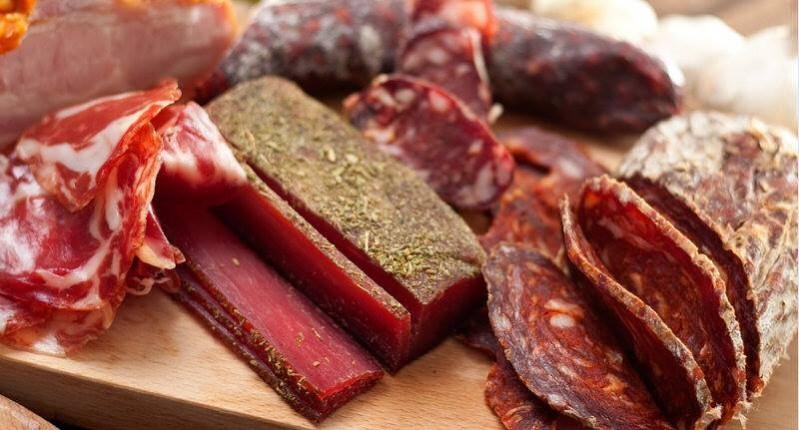The world's biggest lockdown is on and every aspect has been affected due to shortage of supplies and resources and the meat market is no different. Over 50 per cent of India's workforce engages in farming with farming contributing about 16 per cent to the country's GDP. Livestock plays an equally important role in the Indian economy. For livelihood, over 20.5 million people depend upon livestock. Small farm households get 16 per cent of their income from livestock. The meat industry has seen a downward spiral for some weeks now.

With lockdown on in India, meat lovers are forced to consume vegetables. Where prices of chicken and fish have fallen down sharply, mutton prices have shot up by more than 80 per cent in major cities as slaughterhouses are shut.
Mutton prices surge by up to 80%
States like Rajasthan, which is the main supplier of goats, is unable to supply them due to the lockdown as people are unable to bring goats. Mumbai's Deonar mandi is inactive and it is a major supplier of mutton to Maharashtra, Gujarat, Karnataka, Madhya Pradesh and Karnataka, along with Delhi.
Reports have stated that slaughterhouses that are run by the government are closed due to the lockdown, hence there is no sale. Frozen mutton is also out of stock as modern retail houses have finished their inventories.
Due to a limited supply, the retail prices of mutton currently are ₹850-800 a kg. There are some cities selling mutton for ₹1,000 per kg.
North India has seen a downfall in fish supply, however southern India and some parts of western India has seen improvement. Coastal areas are also not getting enough fish.
Though the supply of fish is slightly better in West Bengal but prices have dipped. Due to no transport available, retailers are unable to travel to the wholesale market.
Cold storage is also not available during lockdown and this has impacted the fish trade. The lockdown couldn't have come at a worse time. India's peak farm activity happens between April and June. This is when the winter crop - wheat, rice and pulses - is harvested and sold. With lockdown on, farmers are suffering as the supply chain has been badly hit.














